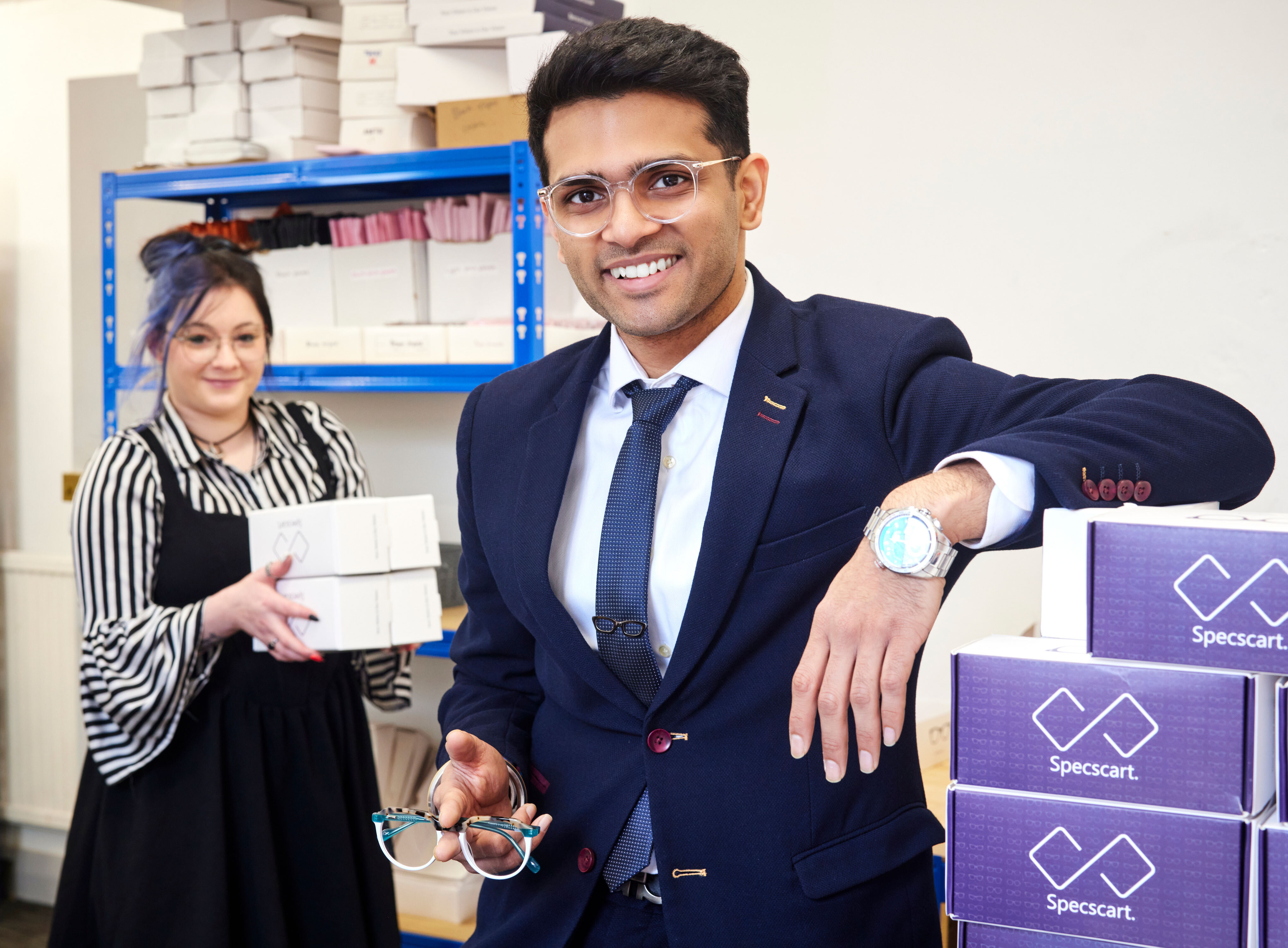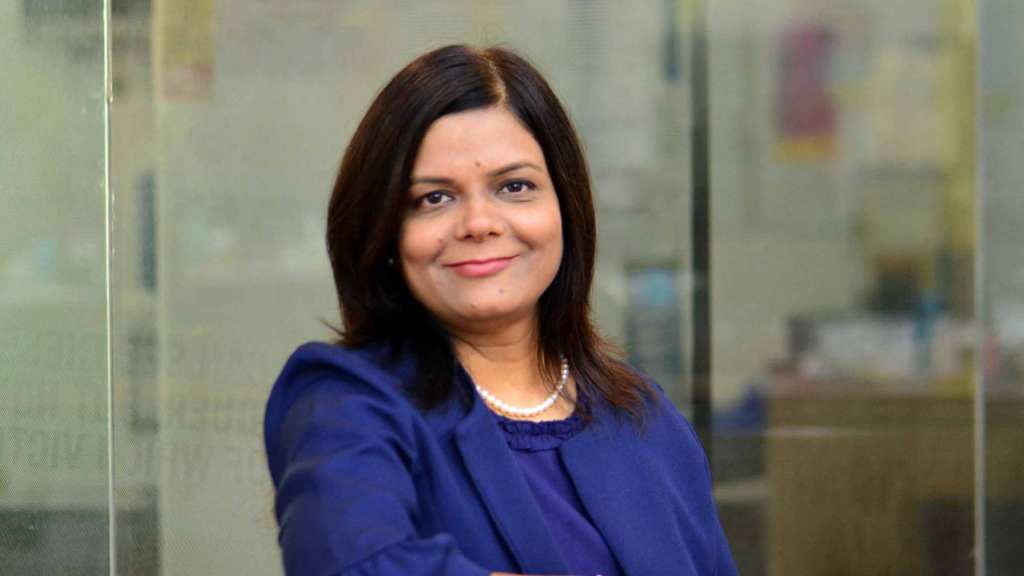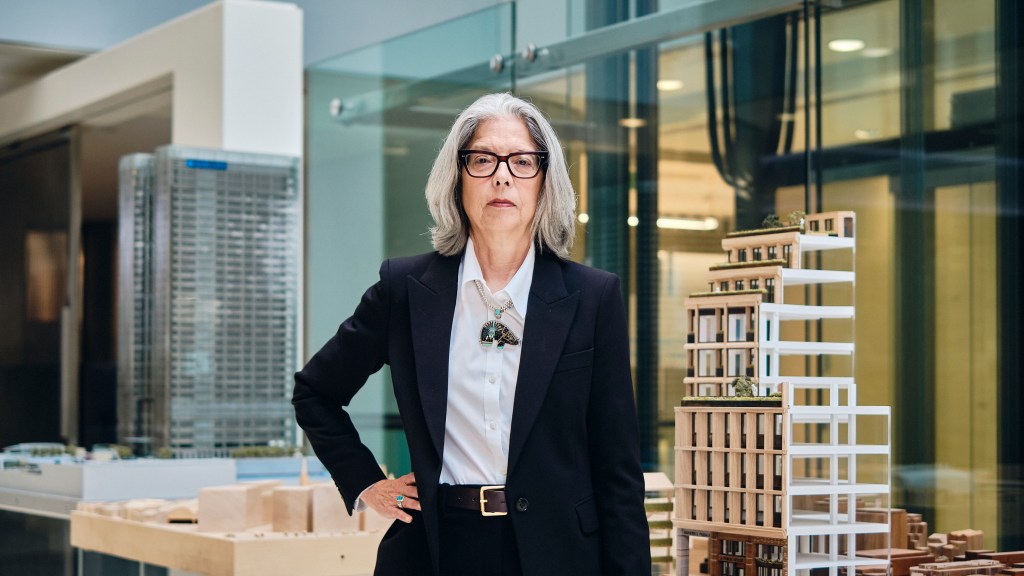The Rise of the UK’s Newest High-Growth Start-Ups Founded by Young Entrepreneurs
Paige Williams, the entrepreneur behind the cosmetics brand P. Louise, faced skepticism when she proposed renting a massive 40,000 sq ft warehouse in Stockport. Her accountant warned her against the idea, stating, “It’s not feasible, you can’t do it.” Williams, however, remained undeterred and secured the property by paying a year’s rent in advance, amounting to £380,000. The renovation of the warehouse added another £1.2 million to her investment, transforming the space into a vibrant bubblegum pink facility that accommodates 60 employees, features a restaurant, and includes a retail shop. This ambitious venture was entirely self-funded, fueled by remarkable sales growth, which saw turnover jump from £14 million to £31.5 million last year, largely thanks to orders from TikTok Shop.
Despite P. Louise’s impressive trajectory, the company narrowly misses inclusion on the Sunday Times 100 table, as its three-year growth rate falls just short of the required minimum. This year, it would have ranked 87 but the threshold rose to 62 percent.
Remarkably, Williams, 31, has managed to grow the business without external investment. Her only loan was a modest £20,000 from her grandmother at the business’s inception nine years ago, which was repaid within the first year. She firmly states her intention to maintain independence, dismissing the idea of attracting investors. “I don’t think any investor would permit me to hire a children’s entertainer who doesn’t directly contribute to profits,” she declares.
The children’s entertainer is employed full-time to ensure that parents can enjoy their time in the restaurant without worries about their children. “This place is about creating an inviting experience rather than just focusing on the revenue numbers,” Williams explains. Additionally, P. Louise runs an initiative that provides free meals for children during summer breaks, reflecting Williams’s commitment to giving back, stemming from her own modest upbringing. “This is like ‘Disneyland on a budget’ for families; there’s no entry fee or required spending to visit us,” she notes.
Another entrepreneur to watch is Sid Sethi, the founder of Specscart, an online eyeglass retailer. Sethi started the business in 2017, identifying a market need for affordable eyewear with quick delivery options. His pivotal moment arrived in 2018 when he received a grant and a rent-free shop from the Albert Gubay Charitable Foundation in Manchester. He has consistently reinvested profits and anticipates reaching sales of £3.5 million this year, although this still falls short of the £5 million needed for the Sunday Times 100 table. Specscart produces 300 pairs of glasses daily at its facility near Bury and operates three stores in Manchester, with plans for further expansion as financial conditions allow.

Another emerging brand, Surreal, specializes in high-protein cereals and was founded in January 2022 by Kit Gammell and Jac Chetland. The duo has successfully raised £2 million in investment, attracting experienced backers who contribute expertise alongside capital. Surreal’s playful billboard marketing has gained traction, leading to partnerships with retailers such as Sainsbury’s and Amazon, culminating in sales of £3.3 million last year.
Oscar Ryndziewicz, 31, launched Dfyne, a sportswear label based in Cumbernauld, Scotland, in 2021 after two past business failures. Dfyne has since flourished, with sales reaching £20.9 million by the end of May, including a record £650,000 in a single day following a new product launch. Ryndziewicz emphasizes adaptability as he navigates rapid growth and production across various countries, including China and Turkey.
Another noteworthy brand is Rehab, an eco-friendly haircare line that achieved rapid success after selling out of its new hair oil within hours of its debut, generating incredible demand and a waiting list of 25,000 customers. Co-founder Vicky Ellis, 34, launched Rehab alongside her best friend in 2022. Following investment from television presenter Stacey Solomon, the brand reached annual sales of £3.2 million.
Ellis discusses the inherent risks in scaling a bootstrapped business to meet demand, requiring confidence in continuous growth and a commitment to reinvest all profits.
This year’s notable young companies also include PerfectTed, known for its matcha-based energy drinks, and D. Louise, a London-based affordable jewelry brand. PerfectTed’s co-founders are projecting sales to soar from £2.5 million last year to £12 million this year through strategic retail partnerships. Meanwhile, D. Louise, named in honor of the founder Olivia Jenkins’s late mother, Deborah Louise, experienced significant growth after an investment from former Gymshark CEO Steve Hewitt, totaling revenues of £4.3 million.
Jenkins, 27, reflects on her entrepreneurial journey as a means of channeling personal adversities into motivation. “You can’t control life’s events, but you can manage your response to them. My experiences have fueled my passion and drive for D. Louise,” she shares.




Post Comment